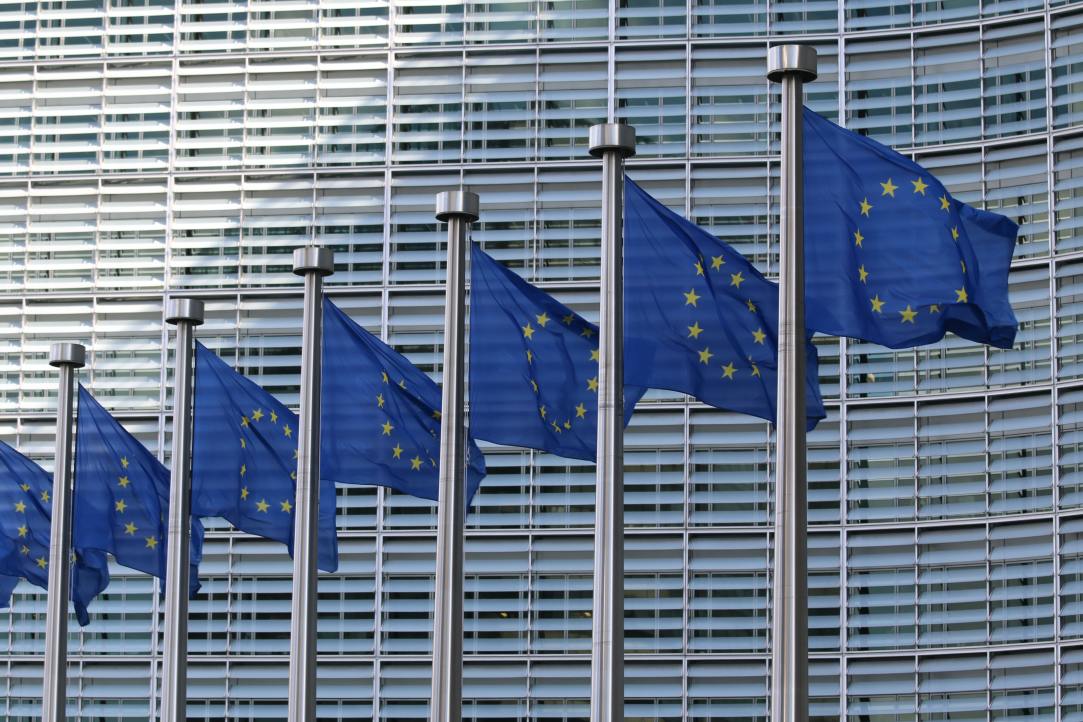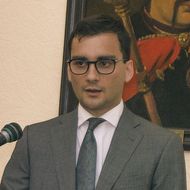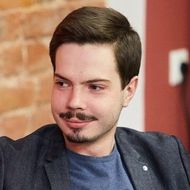Second EU Model to Take Place at HSE University in St. Petersburg in November

The Second European Union Model will take place at HSE University in St. Petersburg in November 2020. The game will be organized with the support of the ‘European Space: Politics, Administration, Business’ minor and the ‘Political Science and World Politics’ Bachelor’s Programme.
The EU Model is a management game that simulates the EU’s institutional triangle: the European Commission, the European Parliament, and the Council of the European Union. It follows real EU legislative procedures as precisely as possible. The game participants can play the role of a politician or a diplomat, and learn the idiosyncrasies of the EU’s institutional structure in action.
The game will take place online and is open to students of all HSE campuses. Registration is open until November 1, 2020.

Darius Ruda, organizer of the EU Model, doctoral student, Senior Lecturer at the Department of Political Science and International Affairs, HSE Campus in St. Petersburg
The event is useful for the students who want to learn more about the European Union’s political system. The model will help the participants better understand how the key EU institutions work and how they interact with each other.
As part of the game, we simulate the work of the Commission, the Parliament, and the Council, and participants play specific roles at one of these institutions. The Commission prepares a bill, and the Parliament and the Council discuss it, add amendments and try to come to a consensus. The game is based on EU’s standard legislative procedure, which we explain to the participants in detail. After the game, it will be easier for the students to understand how the European Union functions.
In order to make the EU Model successful, we are preparing several workshops. In addition to lecturers from HSE University in St. Petersburg, the workshops will be conducted by invited speakers: Olivier Costa from the College of Europe, and Jim Cloos, Director-General for general and institutional policy at the European Council.

Yury Kabanov, Head of the minor ‘European Space: Politics, Administration, Business’; Senior Lecturer at the Department of Political Science and International Affairs, HSE Campus in St. Petersburg
Although we have already organized two UN Model conferences, last year’s EU Model was an experimental one. We invited only students of HSE University in St. Petersburg, the Model was conducted in Russian, and it included only about 50 participants. We mostly did it for the students of the minor ‘European Space: Politics, Administration, Business’ and the bachelor’s programme ‘Political Science and World Politics’. They have courses on European integration, and the EU Model was a kind of practical training for them to revise their knowledge and get practical skills.
We got positive feedback and this year we decided to expand the event. First, we decided to involve all campuses in the model. The new online format allows for this. I believe that there are students in Moscow, Nizhny Novgorod, and Perm who are interested in European politics, EU law, and international relations. For them, this is an additional opportunity to learn something new in this area. They will also meet students from other campuses and programmes, which is also great. At our minor, we have always emphasized the importance of such interdisciplinary communication, and with our EU Model, we are bringing it to the next level.
Darius Ruda

